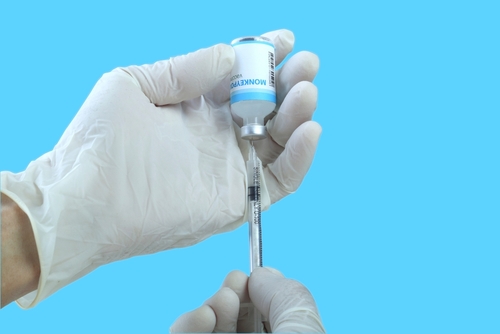
As an international monkeypox outbreak continues to grow in scope, U.S. Sens. Dianne Feinstein (D-CA), Jeff Merkley (D-OR), and 20 colleagues last week dispatched a letter to the U.S. Department of Health and Human Services and the Centers for Disease Control and Prevention (CDC) calling for recognition and change.
Specifically, they argued that recognition of inequities in vaccine access is needed, and concerted action is needed to immediately increase access to the Bavarian Nordic JYNNEOS monkeypox/smallpox vaccine for all parts of the United States. They said limited vaccine supplies are failing to keep up with increasing public demand as state, local, and federal health officials report increased spread.
“The United States has invested billions of dollars to develop, manufacture, and stockpile doses of the JYNNEOS vaccine as a component of a federal biosecurity program,” the senators wrote. “We understand that this vaccine is the current preferred option for monkeypox vaccination given its approval by the FDA, ease of administration, and general tolerability.”
They called attention to a circular negative feedback loop this has caused, whereby the lack of appointments available has fueled further public anxiety about monkeypox, especially among the hard-hit LGBTQIA+ community. They argued that action is needed, and that means departments must respond to the public health concern with adequate and equitable distribution of doses. After all: anyone could be affected by it.
“Monkeypox is spread through direct contact and can infect anyone,” the senators said. “Yet health care services are too often inaccessible or otherwise denied to members of at-risk communities, particularly the LGBTQ+ community. It is critical for vaccine access to be equitable, even in the face of high demand. Indeed, demand is so high for vaccination that appointment slots made available by public health agencies have been filled nearly instantly, and some sites have even crashed due to high traffic from our constituents.”
The World Health Organization (WHO) declared the monkeypox outbreak a Global Health Emergency over the weekend, as case counts rose to more than 16,000 among 75 countries. As of July 20, 2022, the CDC reported that 2,890 cases were reported in the United States alone. Most of these countries – including the United States – have not historically been afflicted by the disease. Only 243 counts of this year’s cases have cropped up among traditionally endemic countries.




